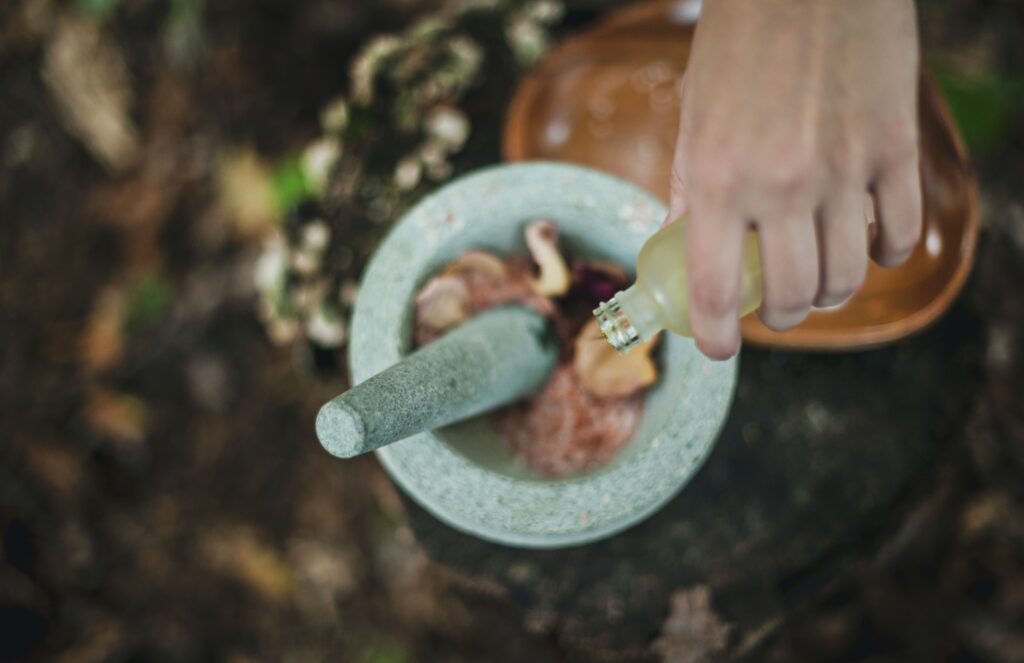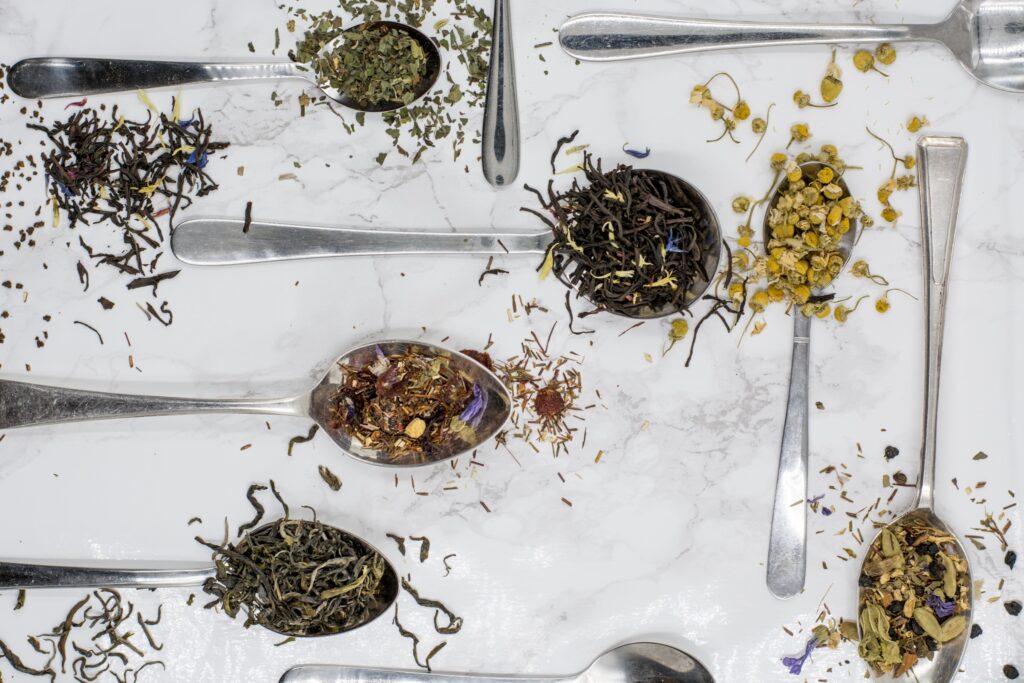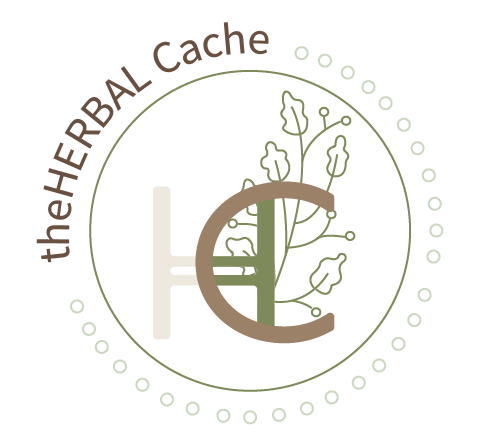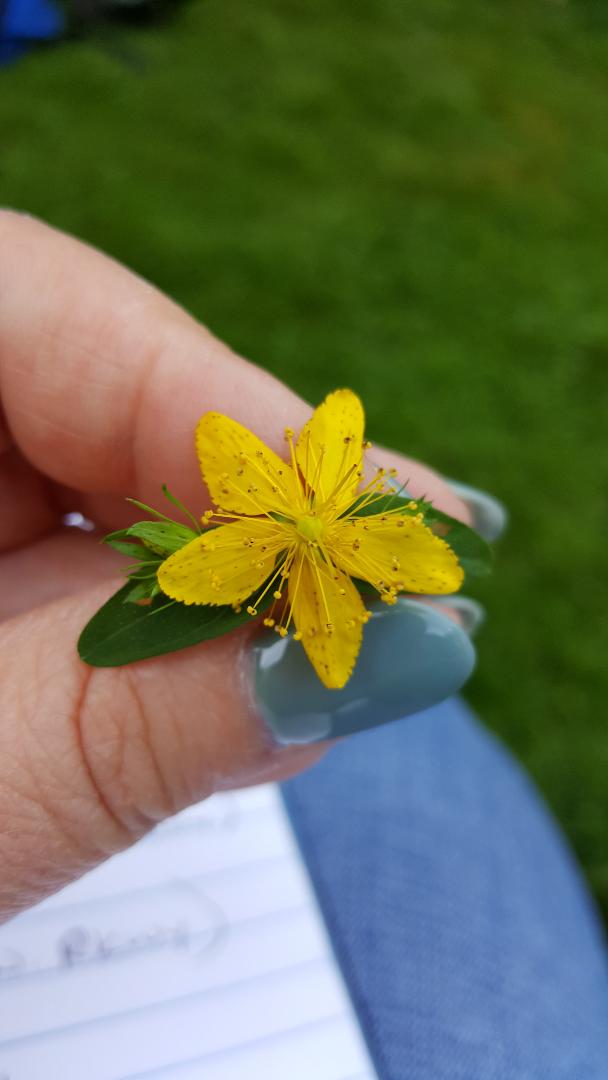
Herbs are natural, they can be found throughout the world and people use them everyday for food or medicinal purposes.
But does that make them safe all the time?
Some people have the misconception that because herbs are natural, they must be safe to use. For the most part, they are, but as with anything, precautions should be taken. In other words, do your research.
Today’s marketing and advertising world have given the word “natural” a meaning that is slightly mis-leading. The word has been used so much, that the definition has become very diluted.
So how do you use herbs safely?
- Know your herbs
- Understand how herbs work
- Use single herbs first
- Work with a professional

Natural - the definition
(adj.) existing in or caused by nature; not made or caused by humankind.
Know Your Herbs
Many plants look very similar, but they have different constituents and behaviors. So learning to identify herbs and plants is very important if you plan on using them.
Knowing the botanical names is also key. There are many herbs that have the same common name, but are totally different plants.
The common name of a plant is one that has caught on in a specific region over time. When people migrate to another region, they may associate a new plant with one they are familiar with from another region, even though the plant may be unrelated. This can cause a lot of confusion when talking about herbs.
Lets look at sage for example. There is culinary sage and there is sagebrush. Both are called sage, depending on the location. But they are totally different plants. The botanical name for culinary sage is Salvia officinalis, and sagebrush’s botanical name is Artemisia tridentata.

Understand How Herbs Work
In looking at how herbs work, there are many variables. The preparation, the part of the herb used, the age of the herb, taken singly or with other herbs and is it being used topically or internally all help determine the safeness of the herb.
Herbs can be prepared safely in many ways. Some can be used in their raw form, like our culinary herbs, basil and parsley. They can be made into tinctures using either an alcohol or glycerin solvent. Herbs can also be dried and used in powder form. They can also be made into herbal oils and vinegars.
An herb used on its own can be safe, but when used with another herb at the same time, the results could be slightly different. This is because of the chemisty and synergy that happens with combining herbs. That doesn’t make it unsafe, but just know that it can behave differently.
Some herbs work better, or may be more potent, when paired with others. Other herbs are like helpers. They help other herbs do their job better or more effeciently. Pepper is a good example of this. Pepper helps many herbs become more absorbable into the bloodstream and cells. It is like the “transport” herb. You will see it partnered up with turmeric a lot.
Use Single Herbs First
Try to use just one herb at a time if possible when starting out.
When more than one herb is used and there are side-effects, how can you tell which herb is creating that side-effect? By using one herb, it is a lot easier to determine which herb is causing adverse effects, if there are any, or if you may be allergic to one.
By taking one at a time is an easy way to see which herbs are safe when being used for you.

Work With a Professional
If you are unsure, seek out a professional to help navigate the safety of herbs. This is especially key if you are taking pharmaceuticals.
Most herbs can be used safely with allopathic medicine, but since not all combinations have been studied or tried, it is best to be cautious.
St. John’s Wort is probably the most well known for its interactions with pharmaceuticals. St. John’s Wort is very good at flushing out what should not be there. In other words, having pharmaceuticals in your body is not normal, so St. John’s Wort sees that and removes it.
How to know if herbs are safe
So in recapping, make sure to:
- know your herbs
- understand how herbs work
- use one herb at a time first
- get a professional’s advise
By doing your own research, learning about herbs, listening to your body and taking precautions, you can know that you are using herbs safely.
Myths in Herbal Medicine
To learn more about common myths in herbal medicine, check out my other blog posts:

